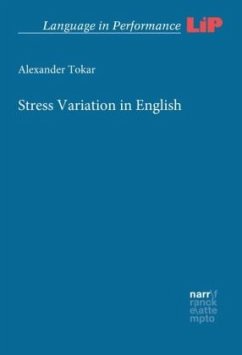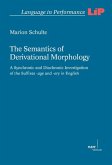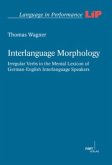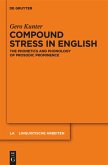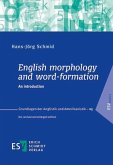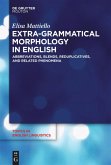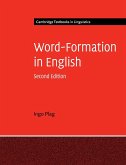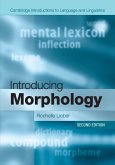This monograph is concerned with the question of why some English words have more than one stress pattern. E.g., 'overt vs. o'vert, 'pulsate vs. pul'sate, etc. It is argued that cases such as these are due to the fact that the morphological structure of one and the same English word can sometimes be analyzed in more than one way. Thus, 'overt is the stress pattern of the suffixation analysis over + -t, whereas o'vert is due to the prefixation analysis o- + -vert (cf. covert). Similarly, pulsate is simultaneously pulse + -ate (i.e., a suffixed derivative) and a back-derivative from pul'satance.
"Tokar's approach in the use of both dictionary (OED) and corpus data (YouTube) holds promise of a scholarly breakthrough on the vital linguistic prosodic topic of English stress assignment of doublets and of stress assignment in general." (Irmengard Rauch, Professor of Germanic Linguistics at the University of California, Berkeley)
Hinweis: Dieser Artikel kann nur an eine deutsche Lieferadresse ausgeliefert werden.
"Tokar's approach in the use of both dictionary (OED) and corpus data (YouTube) holds promise of a scholarly breakthrough on the vital linguistic prosodic topic of English stress assignment of doublets and of stress assignment in general." (Irmengard Rauch, Professor of Germanic Linguistics at the University of California, Berkeley)
Hinweis: Dieser Artikel kann nur an eine deutsche Lieferadresse ausgeliefert werden.

